Automation rules are set up to make processes that are normally done by hand much easier. Pardot will make a determination based upon a prospect’s score and other factors you have called out and decide if they meet the parameters you have set for the rule.
Pardot automation rules allow you to set up marketing and sales actions based on criteria you have selected. They help you use marketing automation to improve your overall business performance as it relates to lead generation, converting those leads and turning them into closed deals.
These rules help you target the right buyers, get valuable conversions, and foster beneficial engagements within your automation rule structure. Marketing automation can help save you lots of time and make sure you can use multiple criteria to define if you have the right lead score assigned to the right potential buyers and clients.
What are segmentation rules?
A segmentation rule is usually run once to help segment and further define your audience based on certain criteria you have set for it. This is one of the most valuable ways you can make this marketing asset work hard for you. You will find that being able to send out auto-responder emails as well as personalized follow-up engagement emails can significantly help with conversions and closing sales.
Pardot is a great marketing asset due to this feature. It lets you segment your audience into the correct groupings with a single action. There is nothing that takes away from your ability to manage leads and create new business opportunities more than having to review every single new interaction your business might see on a daily basis.
What is a lead score?
Lead scoring is based on the behavior of the buyer or potential customer. These engagements and actions will be given unique scores related to the parameters you have set. In other words, a completion action will rank higher than a simple engagement action might.
If you are able to sort each lead or prospect into its correct location and send it to the right team or salesperson without having to intervene, doing so will save you a lot of valuable time. Imagine having to assess and look at each lead that came your way. Lead scoring can help make your overall lead management process much easier to deal with on a daily basis because you can let the rules take care of the heavy lifting.
Ranking your leads and their behavior toward your set criteria can help you to define your leads better and engage with potential new clients more easily. This is a dynamic list that will constantly shift and change due to the leads and their behavior online. Setting a new rule for segmentation would be hard without a good idea of the lead’s score, for example. That is why this tool is very important overall for your dynamic list building and your needs with regard to lead generation.
How do you set automation rules in Pardot?
Adding marketing automation rules in Pardot is quite simple. You just need to head to the Pardot automation rules section of the menu and look for the automation rules. Then you will associate the rule with a group and you can use the lead’s score to govern the automation rules for things like completion actions.

Matching leads with automation rule functions is very important to make these automation rules work correctly. You can set rule criteria and also connect these rules directly to specific groups. There are lots of custom field options to use for these rules, and you will be able to create automation rules that handle all kinds of behaviors as well as data gathering needs.
How do I add prospects?
You add prospects within Pardot by simply selecting the right list you want them to be associated with. You can also choose to start a new list if this is a new kind of prospect. It’s easy to manage prospects once you have added them, so you can readily move a prospect from one list to another.

These dynamic lists are a great benefit to your overall prospect management. Among the things they let you do is to locate a specific user, remove prospects, and define prospect relevance—all in the same location. This capability makes it easy to set rules that are related to prospects and their overall relevance as shown by your data collection and dynamic lists.
How automation rules help
Automation rules help you track things like completion actions, a prospect’s relative score, and behavior that is engaged with specific form or function options. You will be able to identify prospects that are more relevant than others and you can also segment your prospect list easily with these actions.
Being able to track things like completion actions as well as prospect engagement can help when you are planning your next outreach campaign related to your brand. Automation rules can also direct prospects to the right sales team members and make sure they take follow-up actions related to each prospect on your list.
Using automation rules properly helps greatly reduce human errors. Tracking the behavior and interactions with each prospect on your list is far easier when you use in-place automation rules. It is one of the best ways to manage all sides of your lead generation and prospect management functions.
Pardot automation rules are valuable for business success
If you have not been using these valuable tools to your advantage, you have probably been missing out on conversions, sales, and other important events. Closing sales and connecting with prospects go hand in hand, and you need to make sure you use every advantage when you are managing your prospect lists and your overall brand outreach.
Using automation rules can save you a lot of time on a daily basis. You will also find that tracking and connecting with prospects will generate more sales more easily every year. When you use automation for your lead tracking, you will be able to over-qualify MQLs, which will improve your demo and close rates for your sales team.




